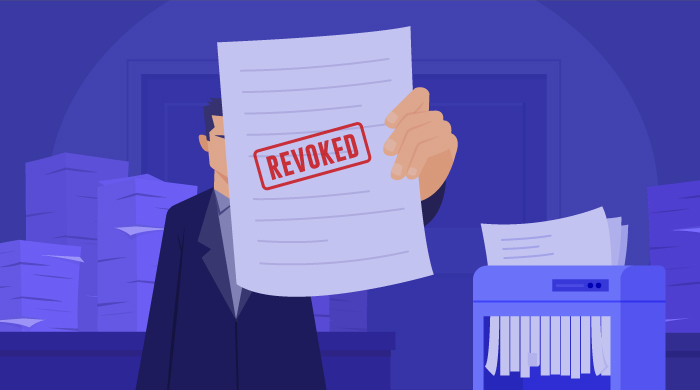Comparing SSL products: What TLS certificate do I need?
Before we get started with looking at the different SSL Certificates and how to choose the right one for your website, let’s first clear up some of the jargon.
SSL (Secure Socket Layer) is encryption security protecting data transfer on websites. It’s the same thing as HTTPS (the padlock you see in your browser). And TLS (Transport Layer Security) is just a newer form of SSL. The differences are technical and very minor, but TLS does have a stronger encryption algorithm which is why all our SSL Certificates are TLS.
Now let’s compare the different SSL products. Firstly, all reputable SSL Certificates have the same reliable encryption strength. The easiest and clearest way to distinguish SSLs is to look at website needs.
Read more
